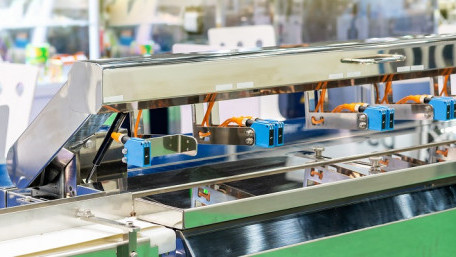
Data has become the currency that enables operational excellence. Sensors are the key links, acting as the eyes and ears of modern manufacturing units by…
Data has become the currency that enables operational excellence. Sensors are the key links, acting as the eyes and ears of modern manufacturing units by providing real-time data on machine performance.
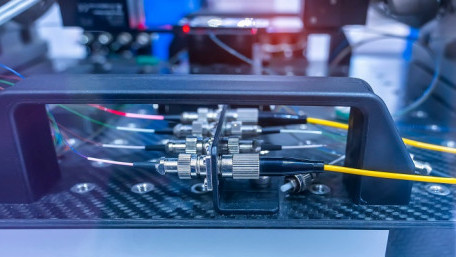
Photoelectric sensors and fiber optic sensors are very similar in a lot of ways, but which one is superior in function…
Photoelectric sensors and fiber optic sensors are very similar in a lot of ways, but which one is superior in function and durability, and under what conditions might one be preferred?
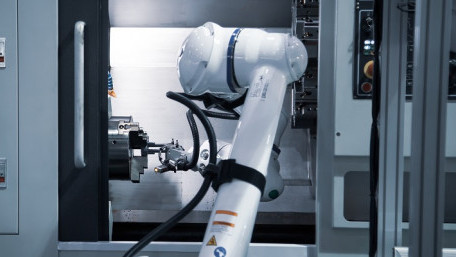
Cobots have recently been hailed as one of the latest and greatest innovations in production and manufacturing…
Cobots have recently been hailed as one of the latest and greatest innovations in production and manufacturing automation. But are collaborative robots living up to their reputation? Control.com investigates the benefits and drawbacks of these versatile industrial machines.
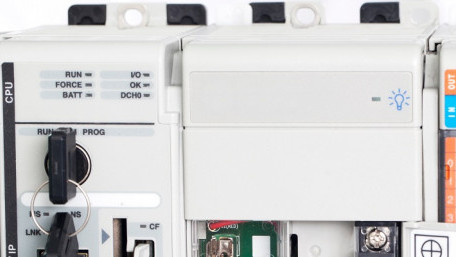
A PLC can be placed in Run or Stop, or occasionally Program mode, usually through physical or virtual methods. But what…
A PLC can be placed in Run or Stop, or occasionally Program mode, usually through physical or virtual methods. But what do these modes mean, and when should they be used?
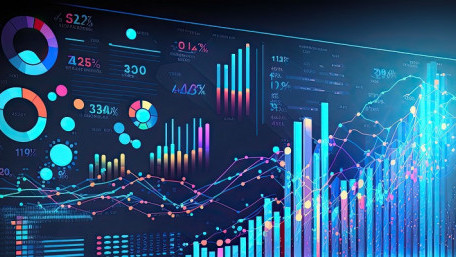
PygWalker is a useful tool to visualize data, with advanced features to make the data more constructive. This tutorial…
PygWalker is a useful tool to visualize data, with advanced features to make the data more constructive. This tutorial continues using the milling machine predictive maintenance dataset.
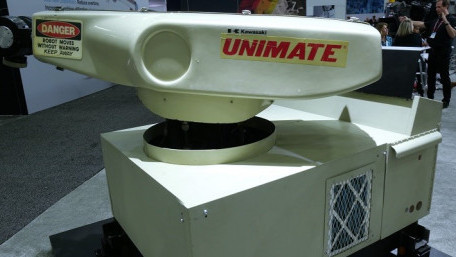
Most commercial control technologies have fascinating histories, especially industrial robots. Here’s the story behind…
Most commercial control technologies have fascinating histories, especially industrial robots. Here’s the story behind the development of Unimate, the world’s first.
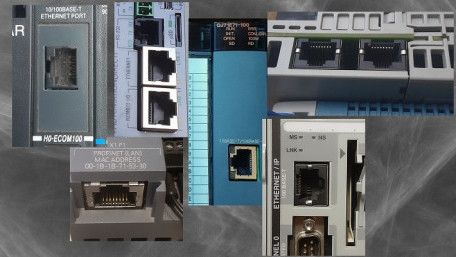
Some controllers and network devices have one port, while others have two. Why is there a difference, and what advantages…
Some controllers and network devices have one port, while others have two. Why is there a difference, and what advantages does having two network ports actually provide?
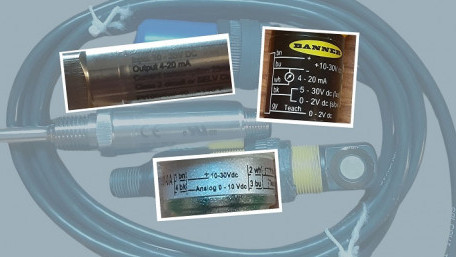
Analog voltage and current are the dominating standards for industrial technology. Is one format better than the other?…
Analog voltage and current are the dominating standards for industrial technology. Is one format better than the other? And if so, why do both signal types still exist in modern systems?
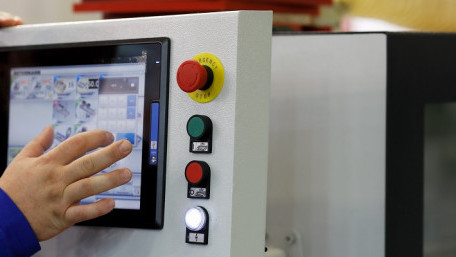
Designing a control system is a difficult task in itself, but designing the graphical interface for an everyday user can…
Designing a control system is a difficult task in itself, but designing the graphical interface for an everyday user can be a very different kind of challenge that involves mental and physical considerations.
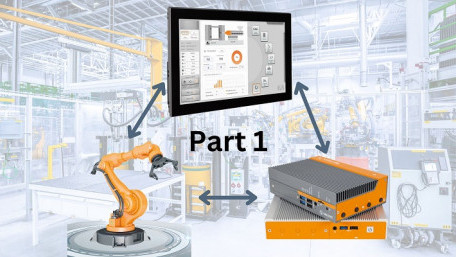
A walkthrough and discussion of a simple web-based HMI solution that could modernize your current HMI technology stack.…
A walkthrough and discussion of a simple web-based HMI solution that could modernize your current HMI technology stack. The first step in the process involves sending data from a device to a server.
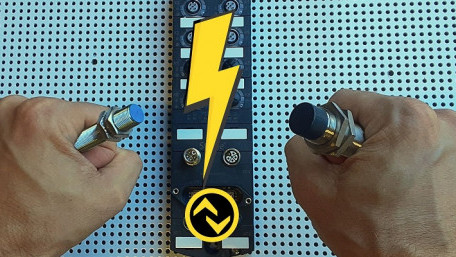
Control.com’s Director of Engineering got to explore IO-Link sensors and what he found might surprise you! Although…
Control.com’s Director of Engineering got to explore IO-Link sensors and what he found might surprise you! Although still considered an “emerging” technology, it’s clear IO-Link technology boasts several bonafide benefits over traditional sensors.
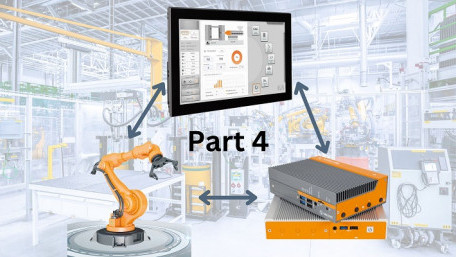
Refining and integrating a front-end HMI application to an API middle layer with real-time data display and historian…
Refining and integrating a front-end HMI application to an API middle layer with real-time data display and historian capabilities for short-term data visualization.
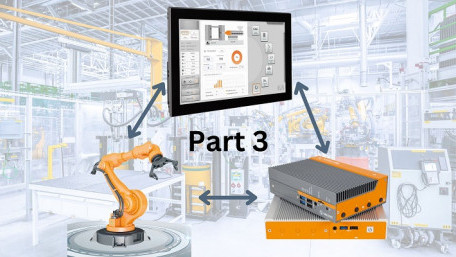
Learn the first steps in focusing on the integration of a front-end HMI application to an API middle layer.
Learn the first steps in focusing on the integration of a front-end HMI application to an API middle layer.
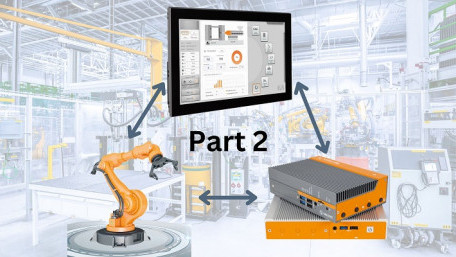
The middle layer, or API layer of a custom-built HMI project involves a server that can submit or receive data to and…
The middle layer, or API layer of a custom-built HMI project involves a server that can submit or receive data to and from a device, either to provide the user interface or interact with the machine.
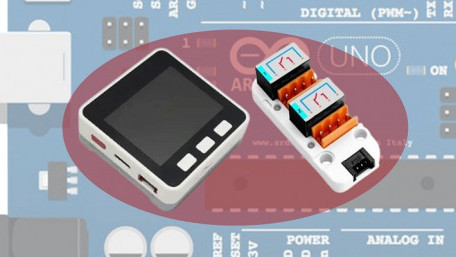
Triggering a machine by an external event often requires a pulse timer for OpenPLC Pulse Timer control. Here’s a brief…
Triggering a machine by an external event often requires a pulse timer for OpenPLC Pulse Timer control. Here’s a brief tutorial on how an M5Stack Core can offer a simple, effective low-cost Arduino OpenPLC HMI solution.
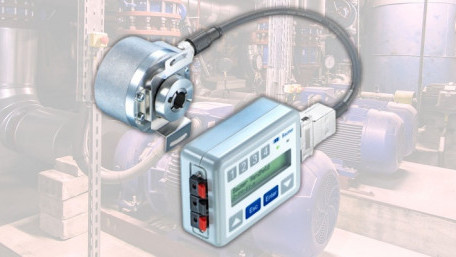
Programmable encoders provide engineers real flexibility to adjust process parameters. From operating theory to…
Programmable encoders provide engineers real flexibility to adjust process parameters. From operating theory to programming methods, here’s everything you need to know to begin leveraging these handy devices.
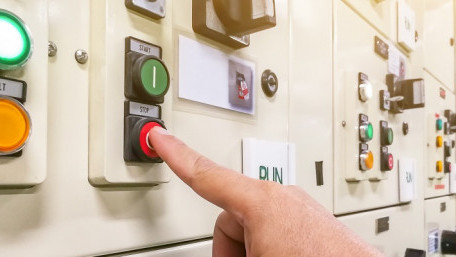
Driving motors is one of the most fundamental automation tasks, but understanding and selecting the proper motor soft…
Driving motors is one of the most fundamental automation tasks, but understanding and selecting the proper motor soft starter for your application may require more investigation than you thought.
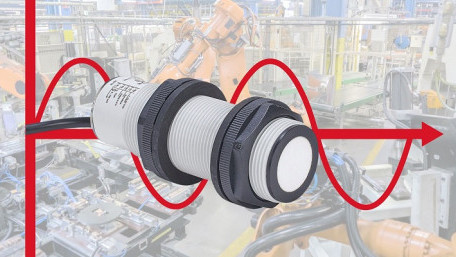
Many articles address the wiring and implementation of analog control signals, but where are they used, and what might…
Many articles address the wiring and implementation of analog control signals, but where are they used, and what might make them a better (or perhaps worse) decision than digital input/output devices?
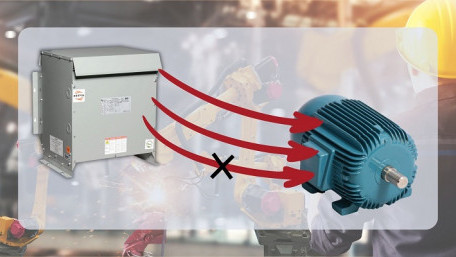
Using the right motor for the right task is critical - but what happens if the motor is connected to the wrong supply? It…
Using the right motor for the right task is critical - but what happens if the motor is connected to the wrong supply? It is never recommended, but important to quickly understand symptoms of incorrect wiring.
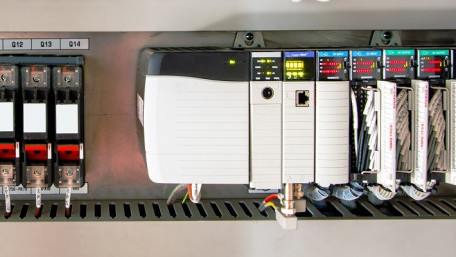
Digital signals hold a prominent position due to their compatibility with computers. But what are digital signals, and…
Digital signals hold a prominent position due to their compatibility with computers. But what are digital signals, and what are some examples of the various devices used with digital inputs and outputs?
